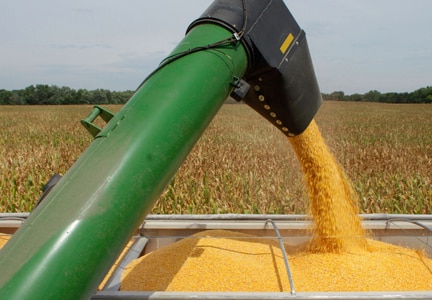The new tax applies to about 80 products, some of which are grain and feed products.
WASHINGTON, D.C., U.S. — On Jan. 1, Algeria increased its value added tax (VAT) on some grain and feed products from 7% to 9%, and the standard rate from 17% to 19%, the U.S. Department of Agriculture’s (USDA) Foreign Agricultural Service (FAS) said in a Jan. 22 report.
The 9% rate applies to about 80 products, some of which are grain and feed products such as corn, rice, sorghum, barley, oats, mills by-products (malt, starch, gluten), pasta, couscous, as well as soybean meal, and distiller’s dried grains with solubles (DDGs). Also included are other residues, soybean flour defatted, and mineral vitamin and/or nitrogen concentrate.
According to an Algerian Press Service news release, the Directorate-General of Taxes reports that this change in rates “has no direct impact” on the sales price of dozens of products such as bread, bread flour, milk, medicines, sugar, soy-based oil, fruit and vegetables excluding imported products. As for products not exempt from VAT, the impact on the price is 2%.
The increase in VAT likely will have the effect of slowing the pace of imports of many products. Wheat is not on the list of products to be affected by the increase as it remains exempted from VAT. The increase in VAT for affected products is part and parcel of Algeria’s goal to reduce imports. Whether the government’s new VAT regime will have the intended effect is unknown.
Algeria’s decline in rainfall and the increase in temperatures in October and November affected many sectors, particularly cereal farmers, who are in rainfall dependent regions, the report said.
A recent FAO report indicated that only about 20% of normal rainfall fell in September and October 2016. The lack of precipitation coupled with above-average temperatures, depleted the soil moisture necessary for winter crop planting. Some areas in western and central Algeria suffered from short-term drought.
According to the report, climatic conditions in Algeria have changed since the beginning of January 2017. Nearly every region has received rain and or snow, which hopefully will relieve farmers’ concerns and mitigate the negative impact of early season dry conditions.
Source: Algeria applies new tax to imports | World Grain















